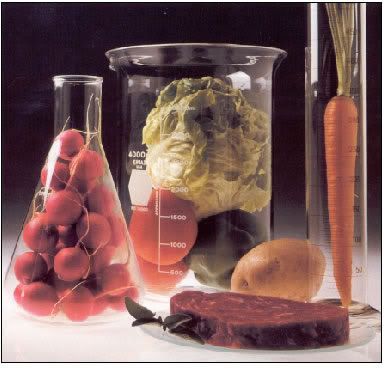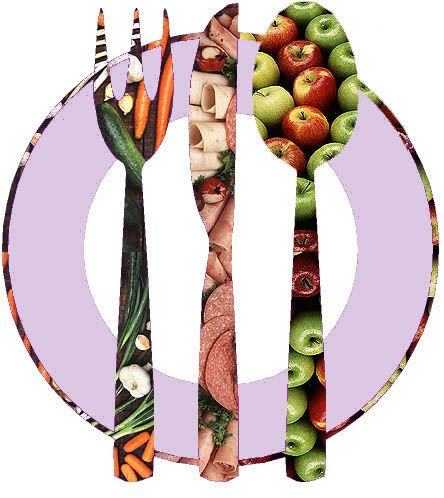Nutritional effect of including egg yolk in the weaning diet of breast-fed and formula-fed infants
Title
Nutritional effect of including egg yolk in the weaning diet of breast-fed and formula-fed infants: a randomized controlled trial.
Source
American Journal of Clinical Nutrition. 75, (6): 1084-1092, 2002.
Nutritional effect of including egg yolk in the weaning diet of breast-fed and formula-fed infants: a randomized controlled trial.
Source
American Journal of Clinical Nutrition. 75, (6): 1084-1092, 2002.
Egg yolks can be a source of docosahexaenoic acid (DHA) and iron in the weaning diets for infants but may be associated with adverse effects on plasma cholesterol levels. Effects of consumption of 4 egg yolks (regular yolks or yolks enriched with n-3 PUFA (n-3 eggs)) each wk by breast-fed and formula-fed infants were investigated on DHA status and haemoglobin, ferritin and plasma cholesterol concn. 

Secondary outcomes included plasma Fe, transferrin, and transferrin saturation. Erythrocyte DHA concn., cholesterol and Fe status were assessed at 6 and 12 months of age. Of the 82 breast-fed infants recruited, 23 of 28 (no intervention), 23 of 27 (regular eggs) and 24 of 27 (n-3 eggs) completed the trial. 

Of the 79 formula-fed infants enrolled, 23 of 27 (no intervention), 24 of 26 (regular eggs), and 20 of 26 (n-3 eggs) completed the trial. Erythrocyte DHA concn. were 30-40% higher after intervention with n-3 eggs than after treatment with regular eggs or no eggs in both breast-fed and formula-fed infants. 

Egg treatment had no significant effect on plasma cholesterol, haemoglobin, ferritin, and transferrin but did result in improvements in plasma Fe and transferrin saturation compared with no egg treatment. 

It is concluded that n-3 fatty acid-enriched eggs may provide a means of increasing dietary DHA during the second 6 months of life. Also, egg yolks may also be a useful source of Fe during the weaning period and can be safely included in the weaning diet with no perturbations in plasma cholesterol levels.




0 Comments:
Post a Comment
<< Home